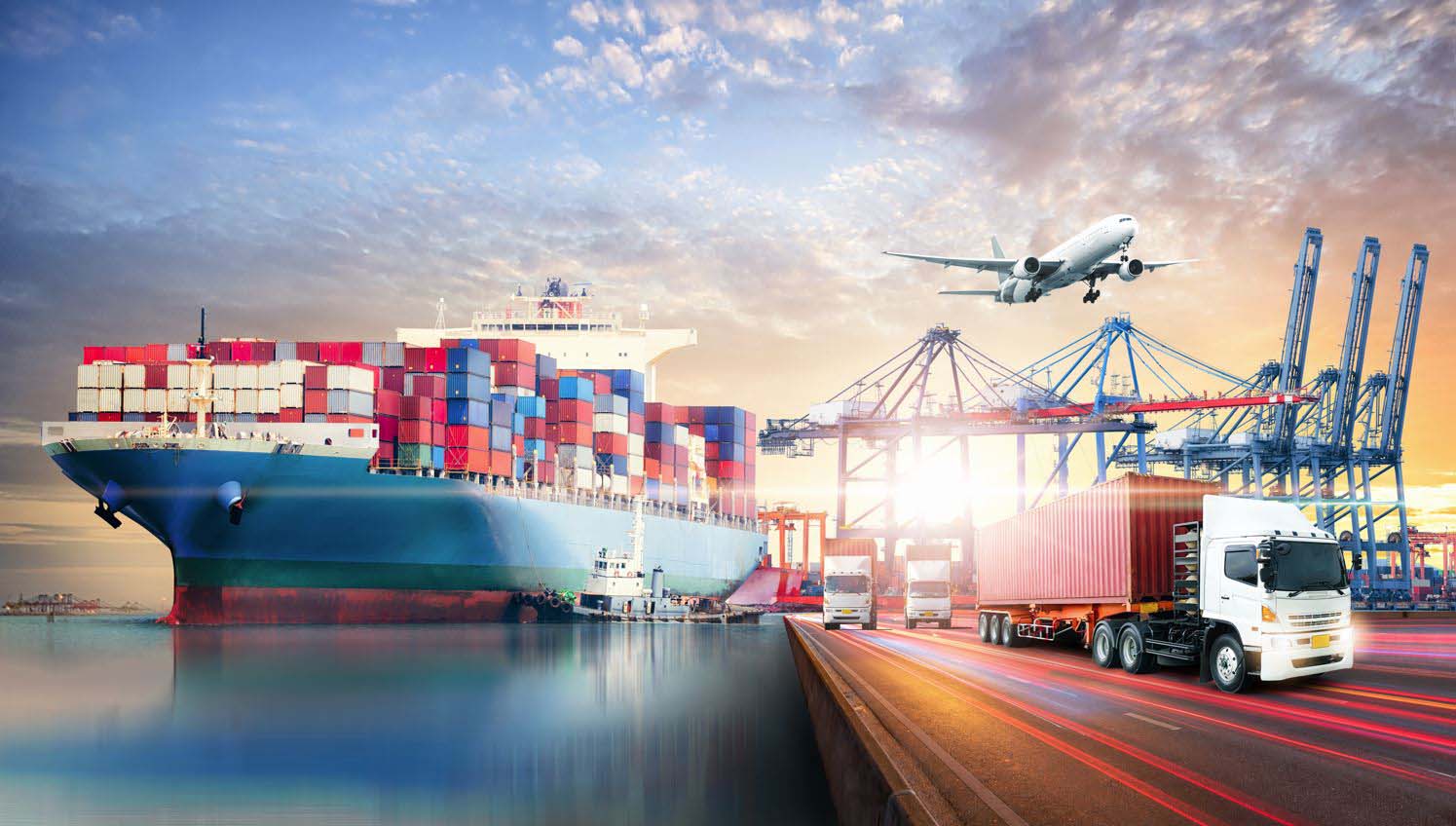
If you’ve got a good idea for a business in Melbourne, and have the funding to start, you can sell your goods not only in your own country but export them to others. That’s the beauty of modern technology and transport!
There are many considerations for this to work. Ideally, you require a background in international trade relations, business and global finance. You have to think of shipping and the container fumigation services Melbourne locals use. There is the legal paperwork, and red tape, which can change daily. You must also think of the product-detail translation. So, let’s help you with our handy tips and hints for setting up this kind of business.
Make Sure you Know Your Business Basics

Here’s a handy checklist of what to give attention to first:
- Get your business registration done, and tax compliance records straight.
- Set up a website and an account with all the social media channels you need.
- Create a business plan. Apart from the usual aspects, such as goals and strategies, cover the legal issues of your target market.
- Some of the permits you require will take months to acquire, so make sure you apply well in advance of when you need them.
- Look at the insurance you’ll need—in your own country and globally.
- If you don’t have the necessary finances, you won’t be able to launch a quality product, so secure capital first.
- Then, of course, you’ll need legal representation. Find good international commerce lawyers.
Now, before you begin exporting, test your market locally. In your own city, then your own region, and finally the rest of the world. Remember, products should be packaged differently in different countries. And marketed in a way that is relevant to that country.
See what range of aspects you need to consider and keep an eye on?
Choose the Right Product
Pick a product that you’re passionate about selling internationally. Package it really well. If you package it in a unique way, you can even sell in a highly competitive industry.
Identify the correct market—and what is trending in that market. For that information, you could try your local International Trade Department data and analysis.
Make sure you have an excellent translation of the ingredients, instructions, and advertising materials. You must know how to impress even those who don’t speak your language.
Obtain Suppliers

If you don’t manufacture yourself, find suppliers who deliver on time, and are reliable. Your manufacturer or producer must be local to cut down time in creating the product. You don’t want someone who will hold up your business for months at a time. A successful business requires a really good turnaround time.
Set the Price
You will next need to set the price. Take into consideration two factors: the number of products sold, and the commission. However, you don’t want to price your product so high that customers won’t buy it. So, it’s a delicate balancing game. If you sell a large number, you may be able to price your product lower.
You, however, do want to make a profit. A 10 – 15 % profit is what you can expect with this kind of business. So, price your product accordingly, and take into account:
- Transport and logistics
- Office costs
- Insurances and taxes that you have to pay on your business
Find your Customers or Selling Agents

You’ll next need to find the people you’re selling it to. Compared to selling to end users, it’s a little easier to find agents in another country, who will then sell it on our behalf. If you’re selling it directly to another country’s public, an online shop is the best option.
If you have enough funding to set up a physical shop, make use of the opportunity, but it requires a huge outlay of capital. You have to be certain of your target market and location before you take such a big step, which is why you do solid research before you begin.
Remember, retailers have to pay import taxes on the other side, so your goods will be marked up considerably. Will it still be affordable for your end user, or do you need to reassess it?
Work out the Logistics
The logistics can be interesting. You need to ship your goods to another country and hire space on a container ship. You must get your goods to the ship, and then get your goods into the container and onto the ship. For the latter, you require side loader services. Then you’ll need to fumigate the container, hire space at a warehouse on the other end, and unpack your container. You must have insurance for your goods because containers can be lost at sea.
All in all, it’s better to hire a logistics company that can do it all for you. They can even fill in the paperwork while keeping in mind the ever-changing legislation.

Final Thoughts
Exporting is demanding, very detailed, and requires a lot of patience. You will have many problems to solve, and losses are to be expected in the process. However, you should, if you’ve taken the right steps, be able to make a profit from what you export. Is this your ticket to the life you dream of?








